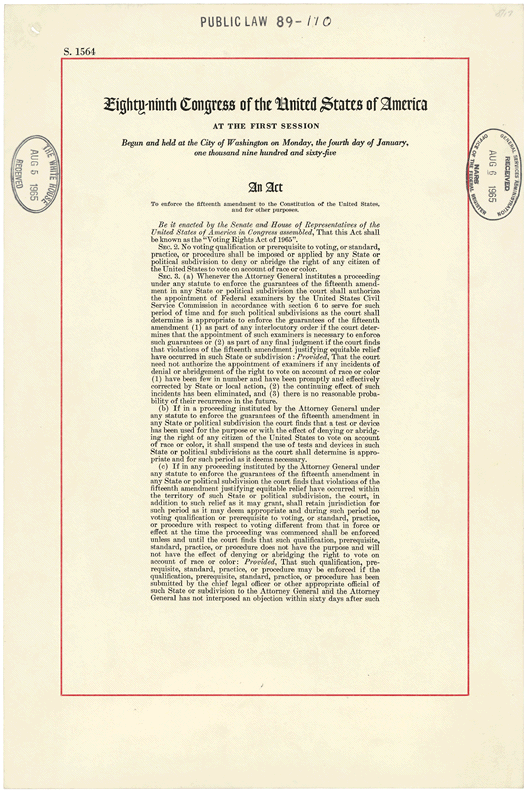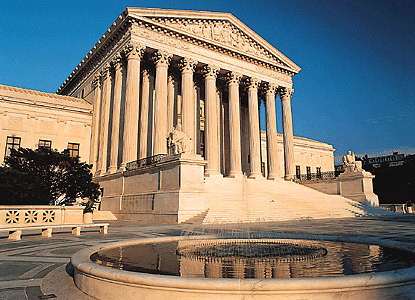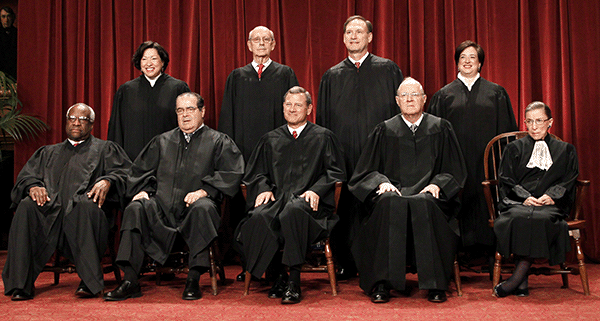Australian Chief Justice Susan Kiefel
Thursday, February 9th, 2017February 9, 2017
On January 30, Australian lawyer and judge Susan Kiefel became the first woman chief justice of the High Court of Australia. The High Court, similar to the Supreme Court of the United States, decides constitutional questions and serves as the ultimate court of appeal in Australia. Kiefel has served as a judge on the High Court since 2007.
Susan Mary Kiefel was born on Jan. 17, 1954, in Cairns, in the northern Australian state of Queensland. In 1969, she dropped out of high school. Over the next few years, she completed her secondary schooling at night while working full time as a legal secretary. She then studied law at night while continuing to work during the day. In 1975, she became a barrister (lawyer who has the right to argue cases in higher courts) of the Supreme Court of Queensland, the highest court in the state.
In 1985, Kiefel earned a master of laws degree from the University of Cambridge in the United Kingdom. In 1987, she was appointed queen’s counsel. A queen’s counsel is a distinguished barrister who serves as legal adviser to the British Crown.
From 1993 to 1994, Kiefel was a judge of the Supreme Court of Queensland. In 1994, she was appointed to serve as a judge of the Federal Court of Australia, a position she held until 2007. The Federal Court of Australia hears cases involving trade practices; bankruptcy; industrial disputes; and administrative law, which is the field of law that centers on the operations of government agencies. From 2004 to 2007, Kiefel also served as a judge of the Supreme Court of Norfolk Island, an Australian territory in the South Pacific Ocean. In 2007, she was appointed to serve as a judge on the High Court of Australia. In 2011, she was made a Companion in the Order of Australia. The Order of Australia is an award for service to the country or to humanity.






